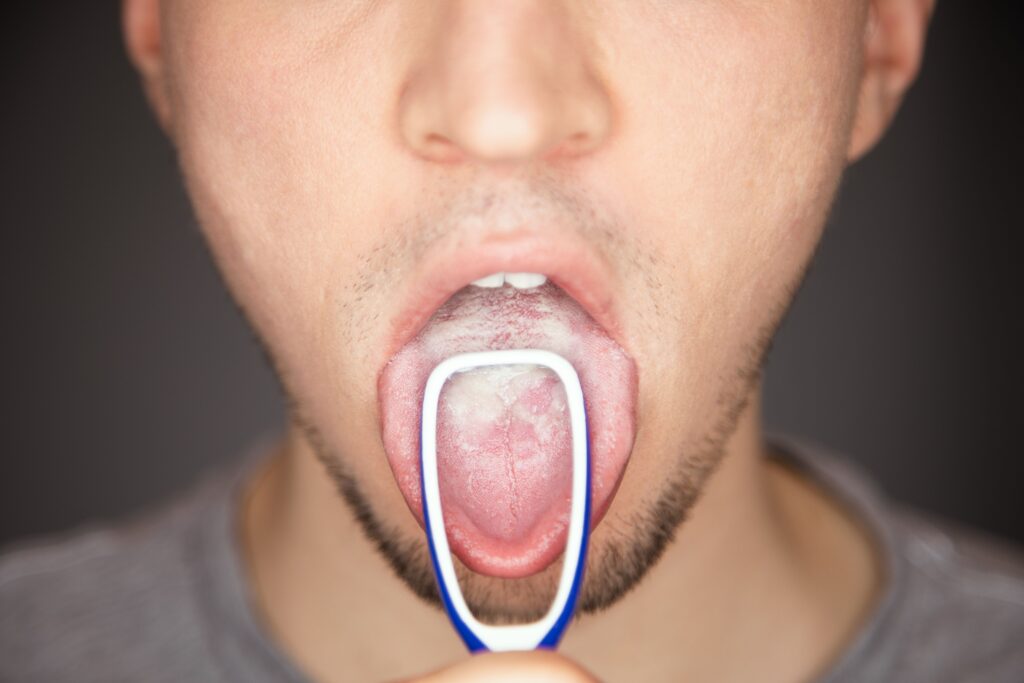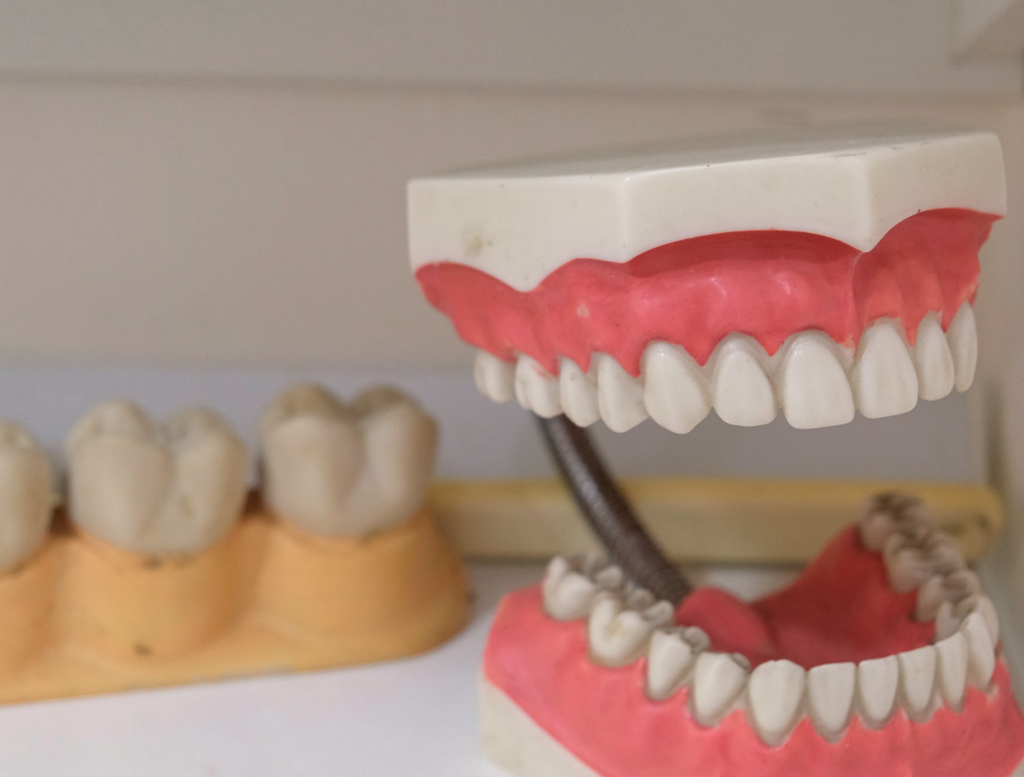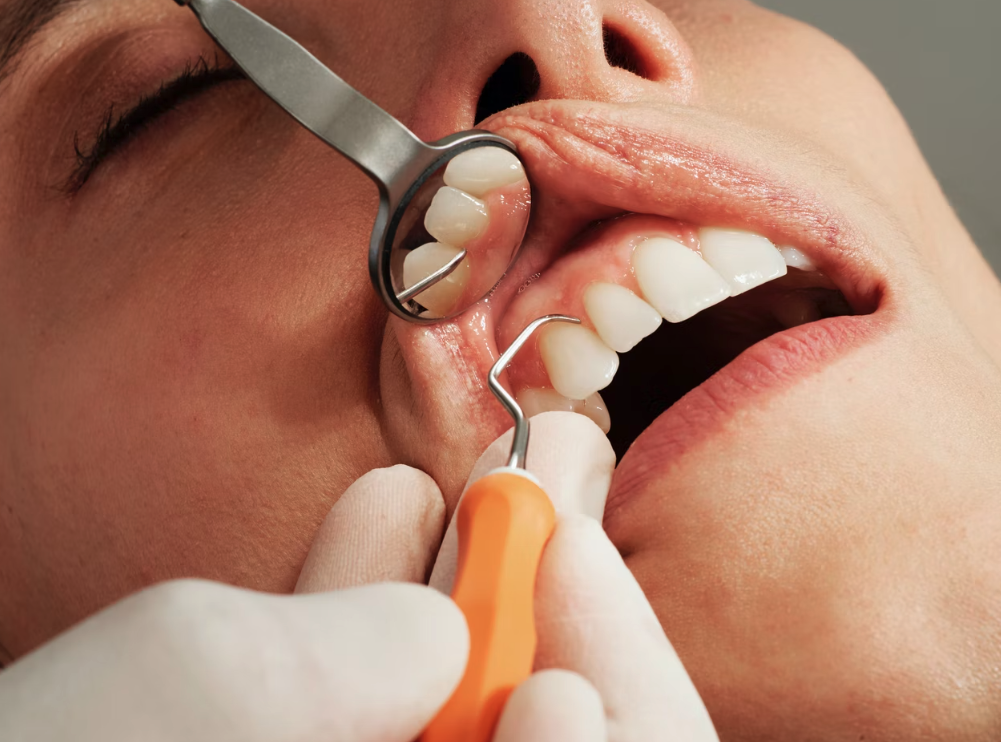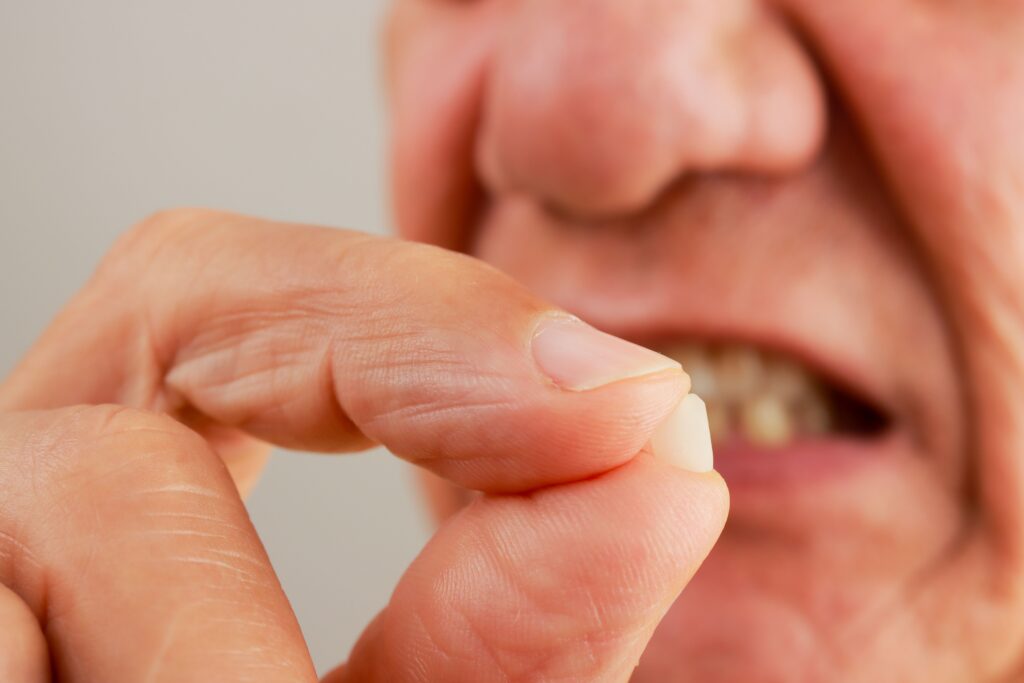Flossing is an essential part of maintaining good oral hygiene. It helps remove food particles and plaque from between your teeth and along the gum-line where your toothbrush may not reach. But how often should you floss your teeth? The American Dental Association (ADA) and most dental professionals recommend flossing once a day. This daily routine can help prevent the buildup of harmful bacteria and reduce the risk of dental issues.
Do You Have To Floss Once A Day?
While the recommendation is to floss once a day, some individuals may wonder if it’s absolutely necessary. Flossing daily is ideal, but if you occasionally miss a day, it’s not the end of the world. The key is to be consistent in your oral care routine. If you occasionally skip a day, be sure to make up for it by diligently flossing the next day. Consistency in flossing is more important than the exact frequency.

Is It Ok To Floss Once A Week?
Flossing once a week is not recommended if you aim to maintain optimal oral health. Flossing once a week may not provide adequate protection against the buildup of plaque and bacteria between your teeth. It’s important to understand that the longer you go without flossing, the higher the risk of dental issues like cavities, gum disease, and bad breath.
Can You Still Have Healthy Teeth Without Flossing?
While it’s possible to maintain reasonably good oral health without flossing, it’s not recommended to skip this essential step. Flossing complements brushing by removing debris and plaque from areas where your toothbrush cannot reach. Without flossing, you may leave behind harmful bacteria that can lead to cavities, gum disease, and other dental problems. To achieve the best oral health, it’s crucial to include flossing as a regular part of your dental care routine.
What Happens If You Don’t Floss?
If you don’t floss regularly, you may experience several consequences:
- Plaque Buildup: Plaque is a soft, sticky film of bacteria that forms on your teeth. Without flossing, plaque can accumulate between your teeth and along the gumline, increasing the risk of cavities and gum disease.
- Gum Disease: Failure to remove plaque through flossing can lead to gingivitis, an early stage of gum disease. Left untreated, it can progress to more severe forms of gum disease, which can result in tooth loss.
- Cavities: The accumulation of food particles and bacteria between your teeth can lead to cavities. These cavities may require dental fillings or more extensive treatments.
- Bad Breath: Neglecting to floss can result in bad breath, as food particles and bacteria can contribute to foul odors in your mouth.
- Tooth Decay: Over time, unaddressed dental issues can lead to tooth decay and the need for extensive dental work.
Failing to floss on a consistent basis could lead to some of these issues. It’s important to floss your teeth on a daily basis to maintain optimal dental health.
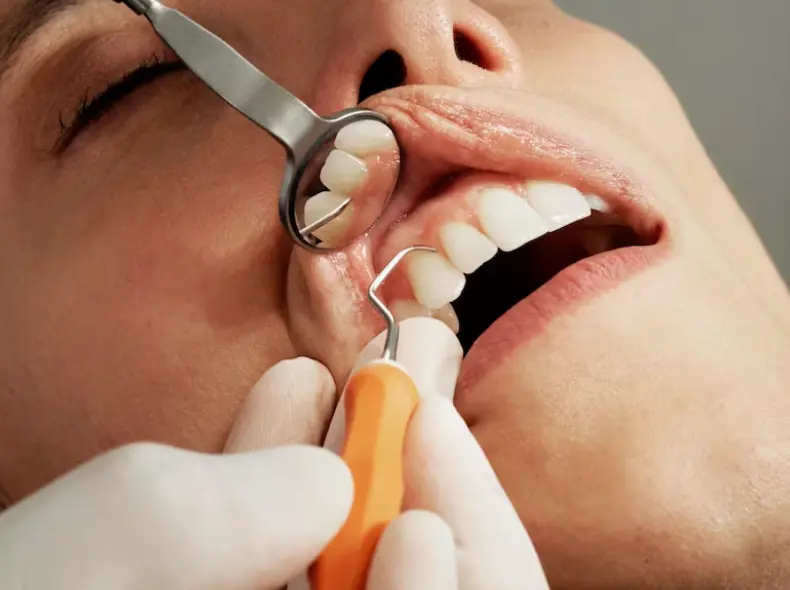
Conclusion
Flossing is a critical component of maintaining good oral hygiene. While it’s recommended to floss once a day, the most important factor is consistency. Skipping flossing altogether or doing it infrequently can have detrimental effects on your oral health. Regular flossing, in conjunction with brushing and routine dental check-ups, is the key to healthy teeth and gums. Remember, it’s better to floss occasionally than not at all, but strive for daily flossing to keep your smile bright and your oral health in top shape.
So, don’t underestimate the power of a daily floss – it’s a habit that can keep your smile shining and your dental visits stress-free. Embrace this simple yet impactful habit, and you’ll be on your way to enjoying the benefits of strong, cavity-free teeth and gum disease prevention. With daily flossing as part of your dental care routine, you can confidently face the future with a bright, healthy smile.



